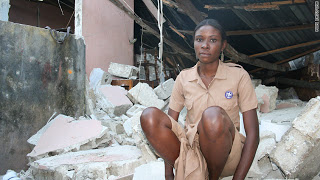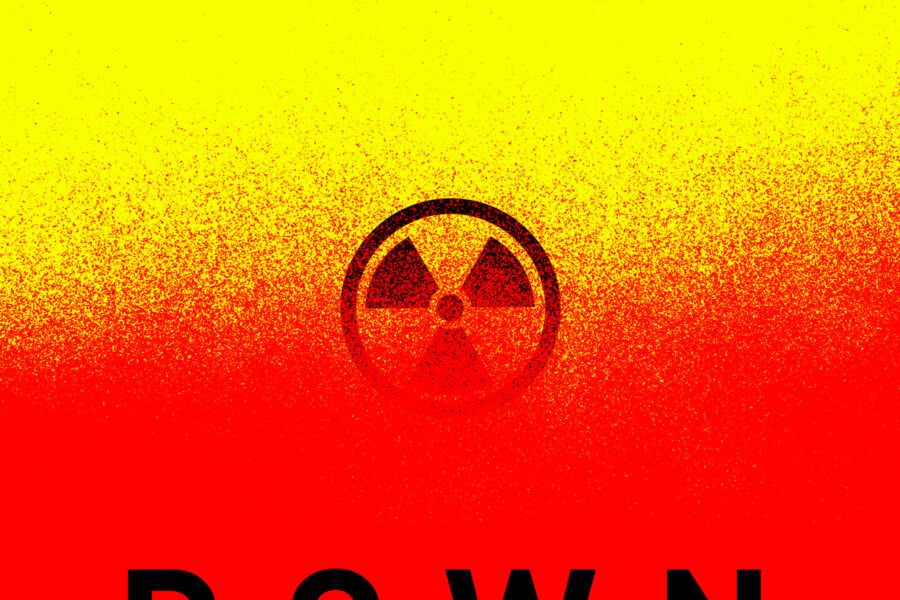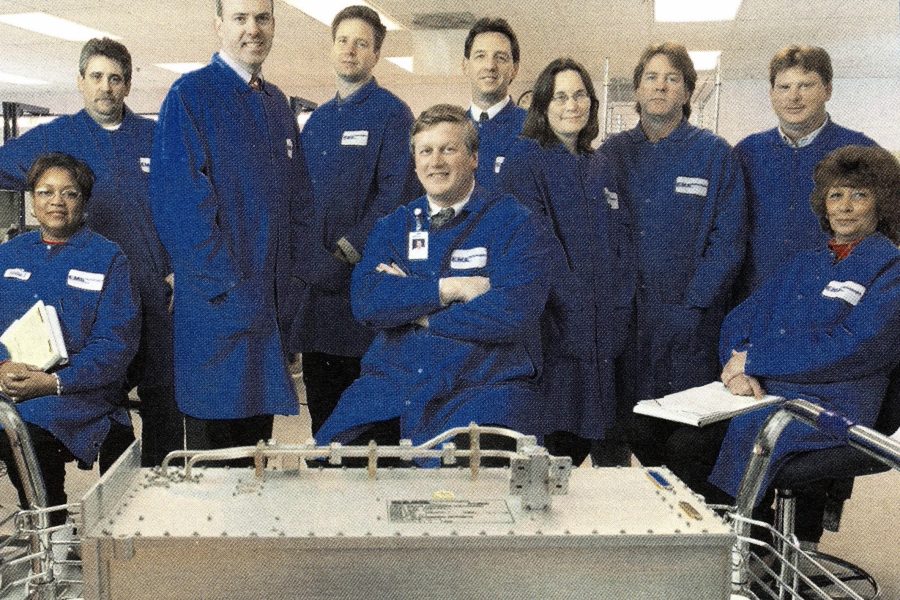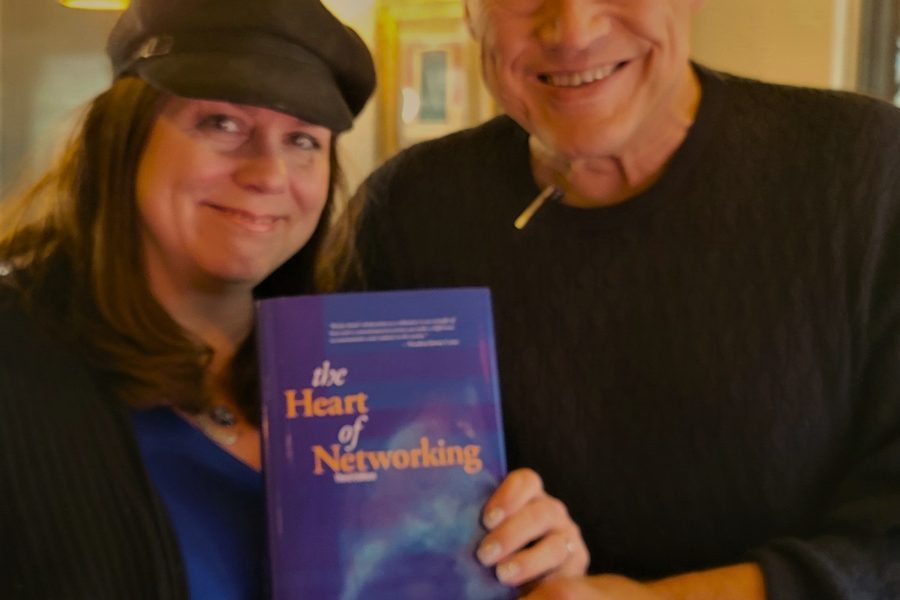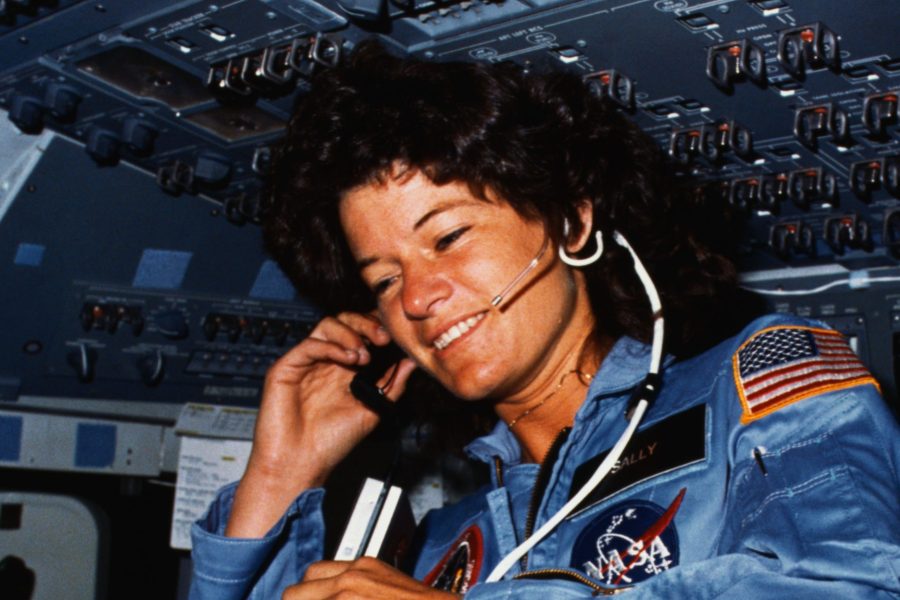For the first week of being on the ground in Haiti after the devastating 7.0-magnitude earthquake that leveled much of the country, staff with the NGO CARE, a leading humanitarian organization fighting global poverty, relied on only one functioning means of communication — text messaging — to coordinate relief efforts.
Awareness of the work of CARE among the general public in the U.S. remains low, notes Perera, who estimates that “unaided awareness” has gone from 3 percent up to 10 or 12 percent in recent years. CARE is trying to change that through storytelling and connecting with women in the United States. The organization has formed media partnerships with Meredith, publisher of women’s magazines such as Family Circle and Ladies’ Home Journal.
CARE has begun to share stories of local Boy and Girl Scouts throughout the country who are helping CARE with relief efforts as a means to make sense of the tragedy and do something positive for their country. One Haitian Girl Scout, Joanie Ystin, barely escaped her home before it crumbled. She lives in Leogane, a city an hour from the capital that was at the epicenter of the earthquake. Her fa ther died in the rubble. She later found her Girl Scout uniform and joined in the volunteer efforts (her story is chronicled on CNN.com). According to Perera, 90 percent of the buildings in Leogane were destroyed.
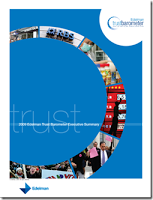
Edelman Trust Barometer: Trust in NGOs on the Rise
Not surprising, NGOs are the most trustworthy organizations, according to results of the 2010 Edelman Trust Barometer. In its 10th year, Edelman’s annual international study of opinion leaders aged 25 to 62 found that trust in U.S. business rose 18 percent while trust in the government remained stable. Technology remains the most trusted sector, while trust in the media continued its three-year decline, now ranking lowest of the four institutions studied.

